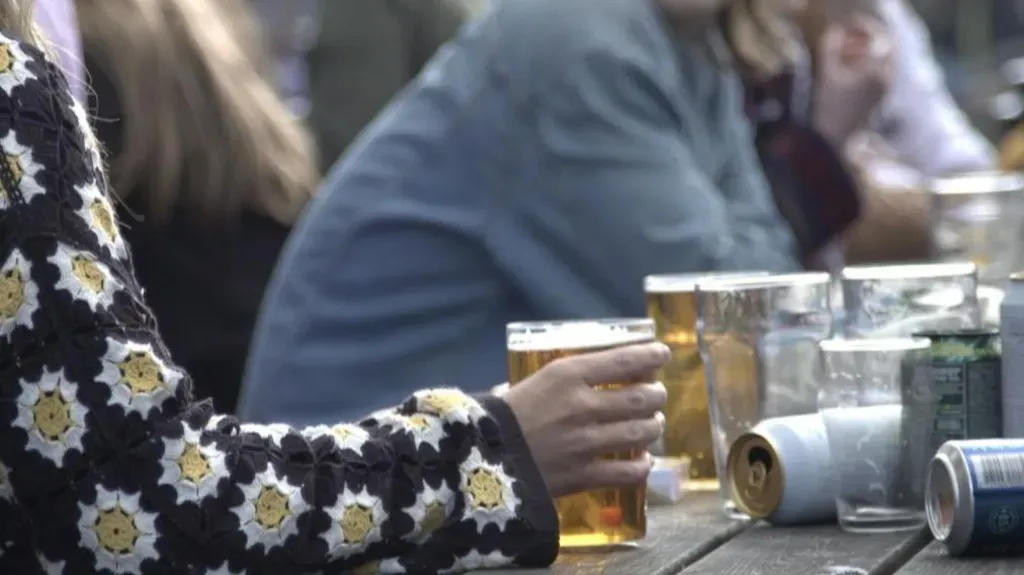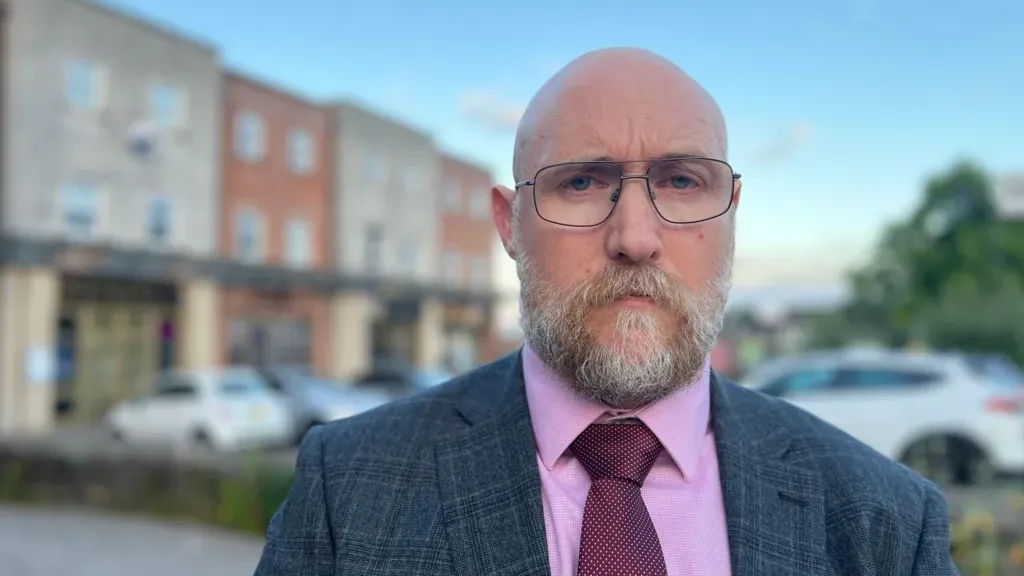Introduction
The Hidden Epidemic
In recent years, the issue of spiking—where substances are secretly added to someone’s drink or injected into their body—has gained increasing attention. Despite this, many victims continue to suffer in silence due to feelings of shame and the belief that their cases won’t be taken seriously. As public awareness grows, it is crucial to understand the personal stories behind these incidents and the barriers that prevent reporting. This article delves into the experiences of those affected by spiking and the ongoing efforts to combat this troubling crime.
The Challenges of Reporting Spiking
Stigma and Silence
Victims of spiking often face profound psychological and emotional struggles following their ordeals. Many feel an intense sense of shame and embarrassment, which can discourage them from coming forward. The fear that their experiences might be dismissed or not believed further compounds this issue. This silence contributes to the underreporting of spiking incidents, making it difficult to gauge the full extent of the problem and implement effective solutions.

The Impact of Stigma
The stigma associated with spiking can have severe consequences for victims. For many, the experience of being spiked can lead to long-lasting trauma, mental health issues, and a diminished sense of safety. The societal myths surrounding spiking, such as the belief that it only happens to women or that it is a result of excessive drinking, further exacerbate these issues. These misconceptions prevent a more comprehensive understanding of the problem and hinder efforts to support victims effectively.

Personal Stories of Victims
Meriwether Lewis’s Experience
Meriwether Lewis, a resident of Bristol, shared her harrowing experience of being spiked during her first week at university. At just 18 years old, she was at a club when she believes her drink was tampered with. After consuming only two alcoholic beverages, she suddenly blacked out. The next thing she remembers is being on the street, in a state of distress, and experiencing a traumatic encounter that left her feeling violated and overwhelmed.
“I remember being in the crowd and then suddenly being on the street, crying hysterically. My friend found me shaking and crying, and I told them a man had tried to assault me,” Lewis recounted. “The shock and violence felt like they ripped through my body. I blamed myself and locked myself away for days.”
Lewis’s story highlights the profound impact of spiking, both physically and emotionally. The feelings of shame and isolation she experienced prevented her from seeking support or reporting the incident at the time. It was only later, after opening up to those around her, that she began to heal and regain control of her life.
Clara Baker’s Struggle
Clara Baker, now 28, was spiked at the age of 16 while attending a festival. She had ordered a soft drink, and shortly thereafter, began to feel disoriented and ill. The experience left her confused and unable to control her body. Her friends intervened to ensure her safety, but the psychological effects of the incident lingered for years.
“I felt like it was my fault for trusting the wrong person or putting myself in a vulnerable situation,” Baker said. “The shame was too much to bear, and I didn’t consider reporting it to the police.”
Baker’s experience underscores how deeply the stigma surrounding spiking can affect victims’ decisions and mental health. Despite the safety measures taken by her friends, the long-term emotional impact of the incident remained significant.

The Response to Spiking
The Role of the National Police Chief’s Council (NPCC)
The NPCC has been actively working to address the issue of spiking through collaboration with police forces across the UK. They have highlighted the need to challenge harmful myths and stereotypes that contribute to underreporting. By focusing on the serious nature of spiking and the importance of early reporting, the NPCC aims to improve the response to these incidents and ensure that victims receive the support they need.
Proposed Legal Changes
In response to the growing concerns about spiking, ministers are considering introducing new legislation to make spiking a specific criminal offense. This proposed change aims to enhance the legal framework for addressing spiking and improving the response from law enforcement. By clearly defining spiking as a distinct crime, the legislation could help increase awareness, improve investigations, and ultimately support victims more effectively.
Education and Awareness
Stamp Out Spiking, a charity dedicated to combating the rising number of spiking incidents, plays a crucial role in raising awareness and providing education on the issue. Founder Dawn Dines emphasizes the importance of accredited training for those working in bars, clubs, public transport, and hospitals. This training is essential for identifying signs of spiking and taking appropriate action to support victims.

“We need accredited training in our bars, pubs, clubs, public transport, and hospitals. People working in these places need to know what to look out for,” Dines said. “Many victims experience a total blank after a night out, and they wake up with no memory of what happened. It’s vital that those in positions of responsibility are equipped to handle these situations.”
Addressing Myths and Misconceptions
Several harmful myths surround spiking, including the belief that it only affects women and girls or that it is merely a result of excessive drinking. The NPCC and other organizations are working to debunk these misconceptions and promote a more accurate understanding of the crime. By challenging these myths, they hope to encourage more victims to come forward and seek help.
Moving Forward: The Path to Better Support
Building Trust and Encouraging Reporting
To effectively address the issue of spiking, it is essential to build trust between victims and law enforcement. The erosion of trust in the police, particularly following high-profile cases of misconduct, has made it even more challenging for victims to come forward. Det Insp Troy Smith from Wiltshire Police acknowledges the barriers that exist and stresses the importance of providing support and reassurance to those affected.
“Some people don’t realize that spiking is a crime, and others think that the police won’t take it seriously. I want to make it clear that we do take these incidents seriously and are committed to investigating them thoroughly,” Smith said.

Supporting Victims and Preventing Future Incidents
As awareness of spiking grows, it is crucial to continue supporting victims and implementing measures to prevent future incidents. This includes enhancing public education, improving training for those in relevant roles, and ensuring that legal frameworks are robust and effective. By addressing these issues comprehensively, society can work towards creating a safer environment and providing the necessary support for those affected by spiking.
Conclusion
The issue of spiking remains a significant concern, with many victims still feeling unable to report their experiences due to shame and stigma. By sharing personal stories, challenging harmful myths, and advocating for legal and educational reforms, we can begin to address this hidden crisis. As we work towards better understanding and support for victims, it is essential to remember that every voice matters and that collective efforts can lead to meaningful change.


